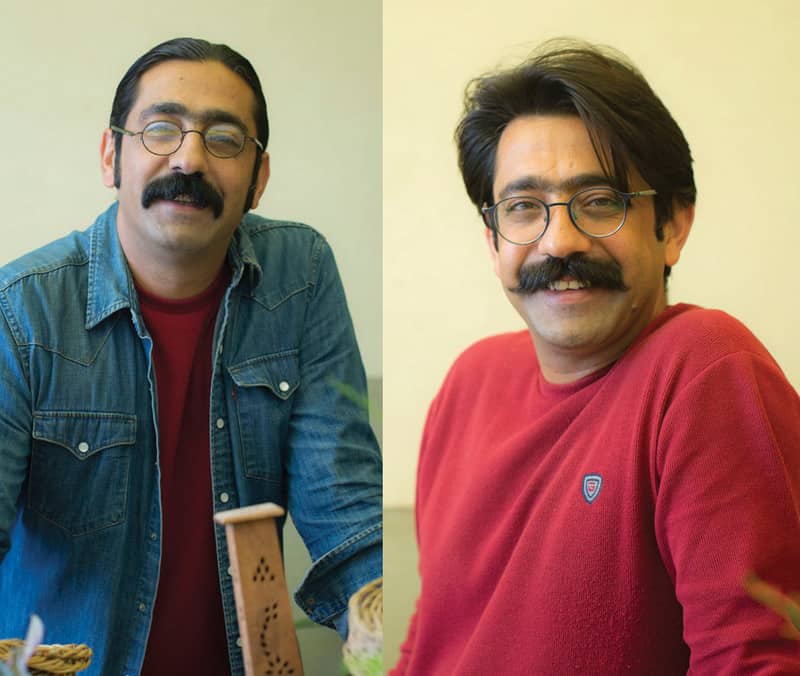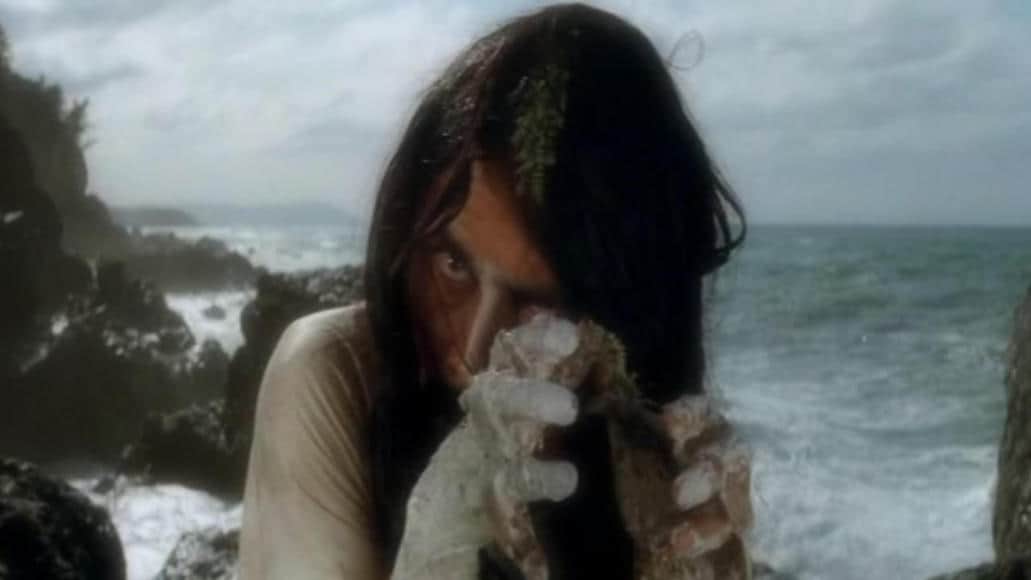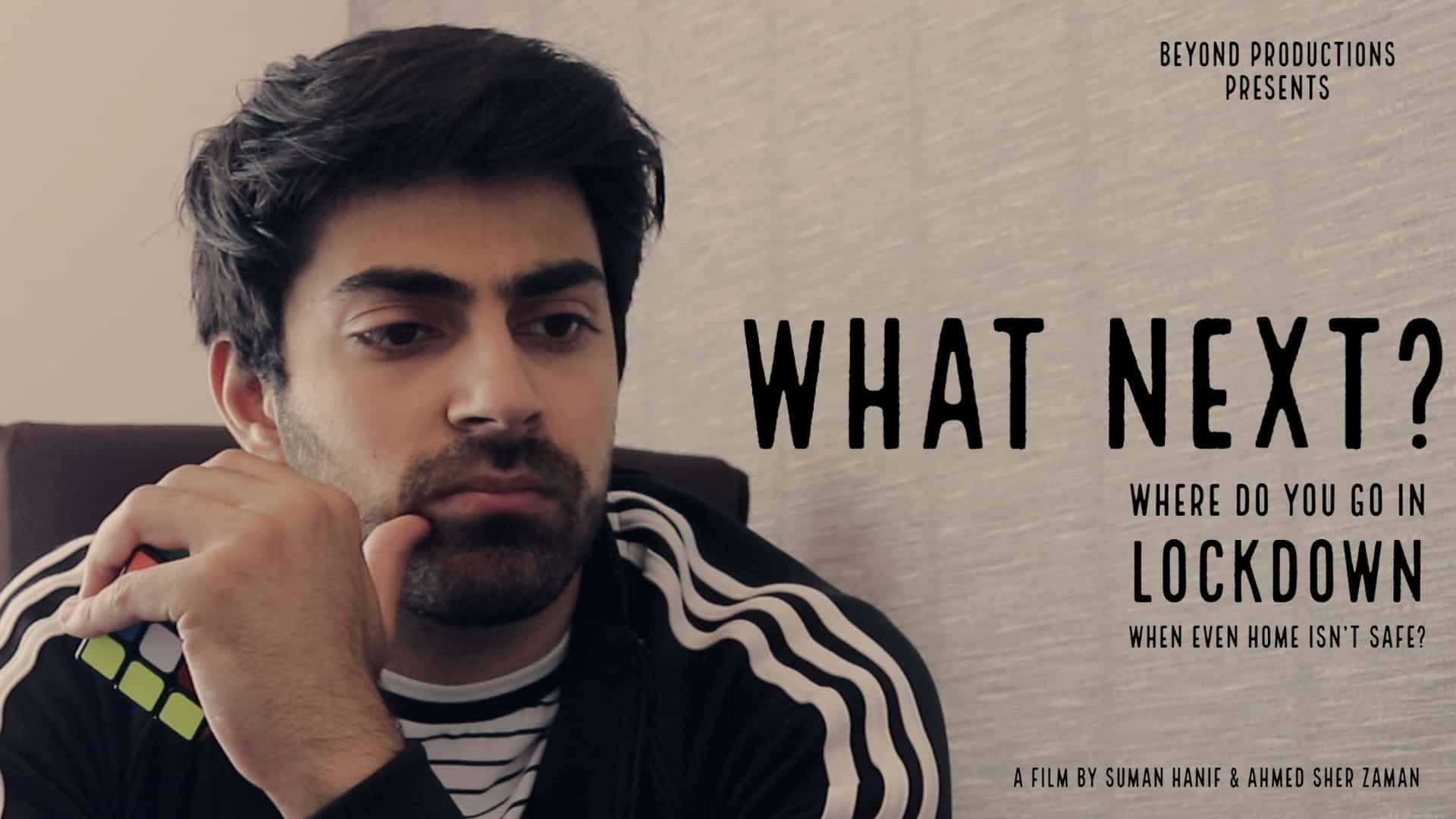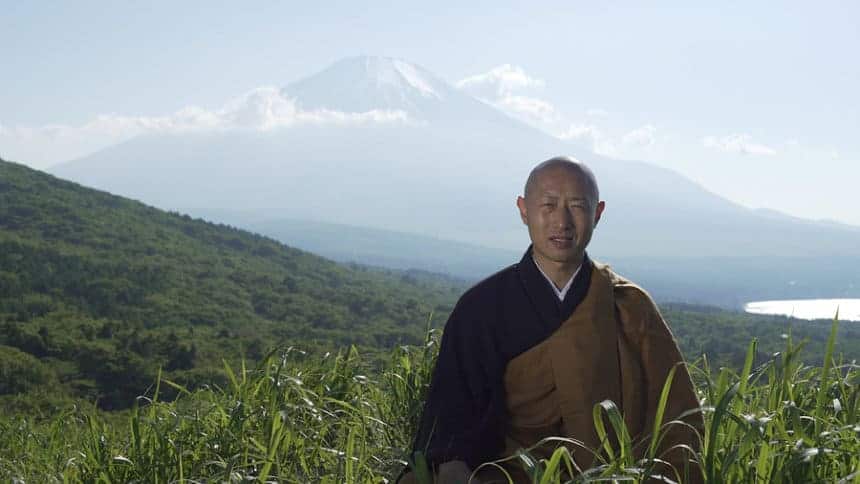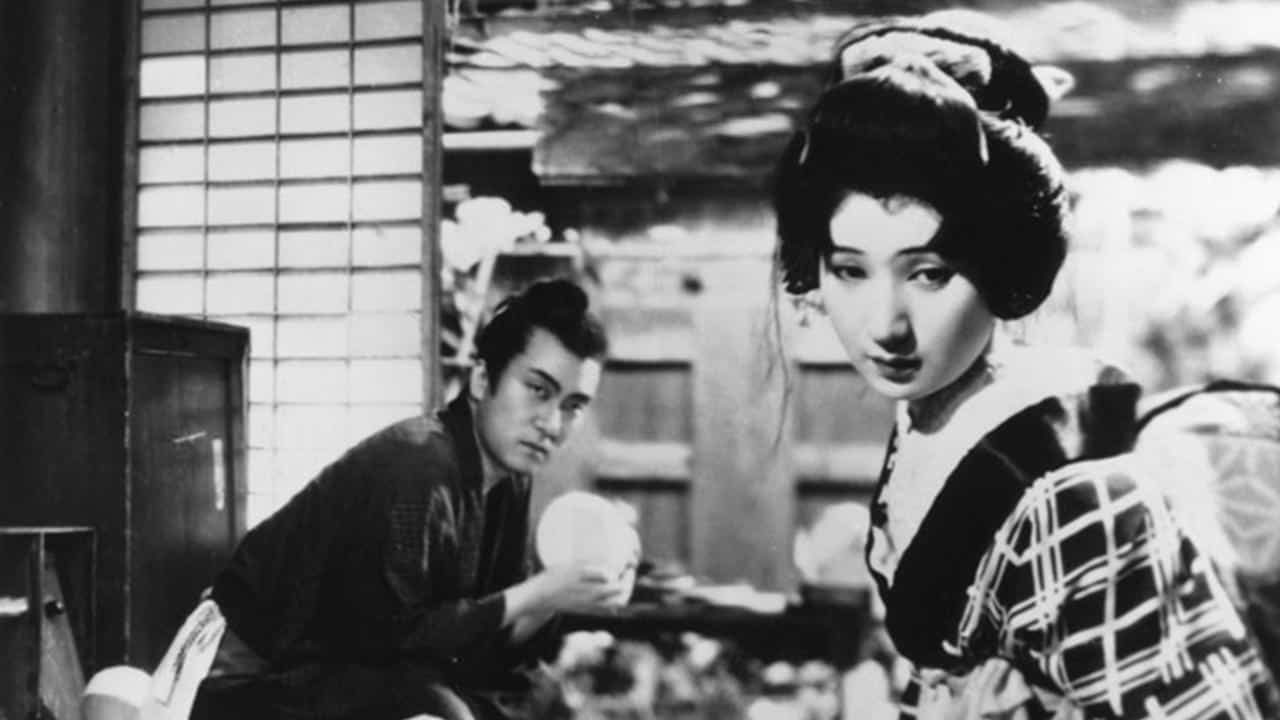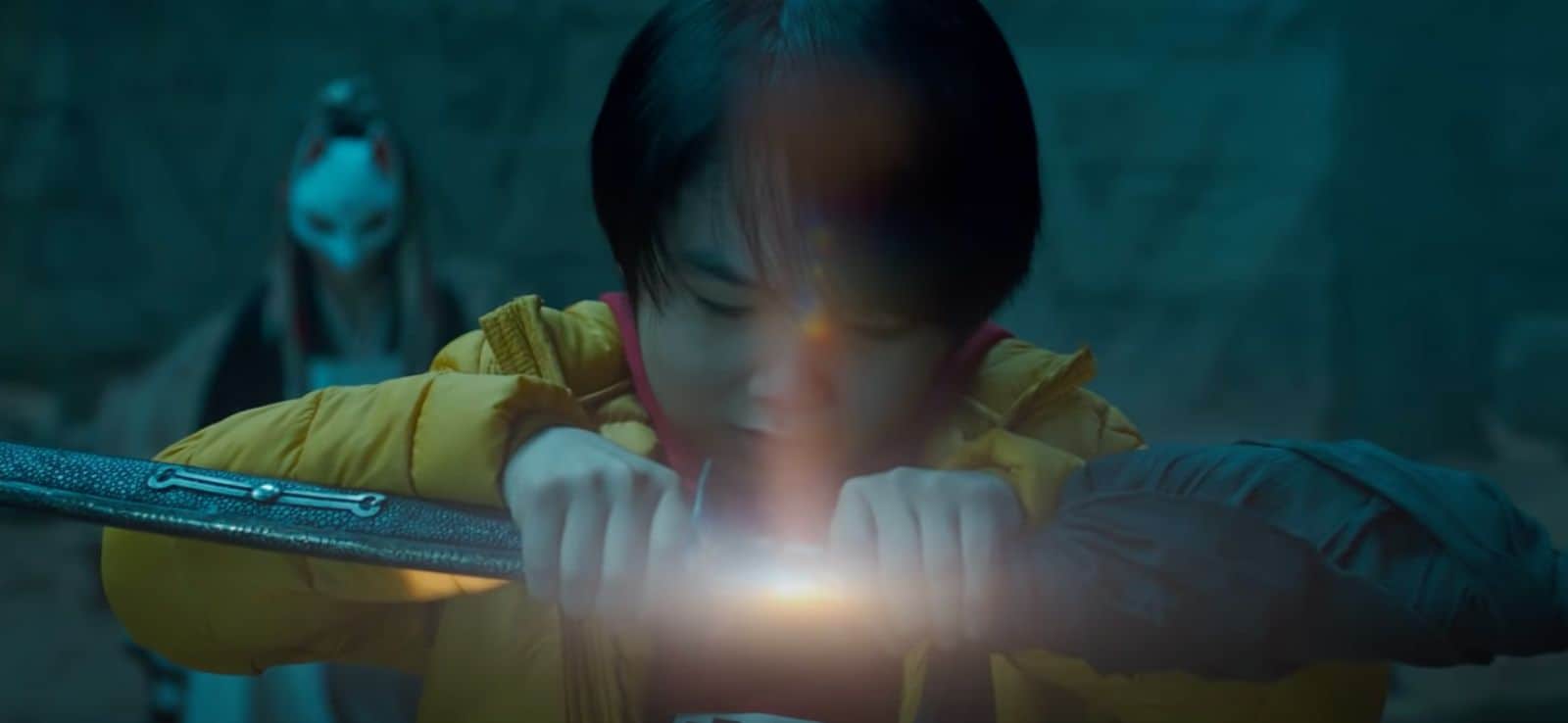Brothers Hadi and Mehdi Zarei are a dynamic duo who stunned the international film community with their captivating directorial debut, “Khatemeh“, a film which was included in both the Best West Asian and Best Documentary lists of 2020.
On the occasion of the screening at Herat International Women's Film Festival, where it won the Best Documentary Feature Award, we talked with the directors about shooting such a difficult subject, gaining the trust of a rather extreme family, the situation of Afghan immigrants in Iran, the state of the Iranian movie industry and many other topics.
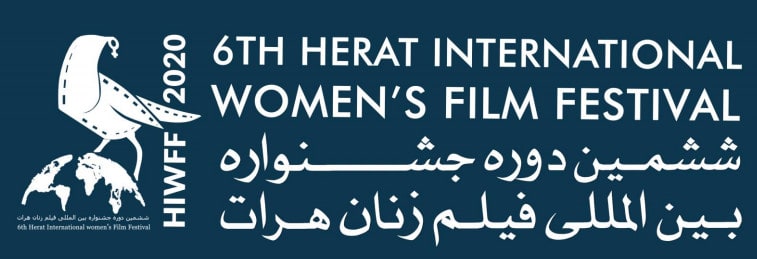
How did you discover Khatemeh and why did you decide to shoot a documentary about her?
We spent five months among a group of badly cared for and unaccompanied girls in the welfare dormitory, and upon our research, we chose Khatemeh among 75 different cases. Due to their high potential, we started working on Khatemeh and her family, and we were able to produce a documentary about this daring character.
How difficult was it to gain the trust of all the people involved? How was your cooperation with Khatemeh's brother? Did you ever feel threatened while shooting? How difficult was it for the family to open their home for you to shoot there?
It took us 3 months after Khatemeh entered the Shiraz Welfare Social Emergency to get to know her family and gain their trust, of both family members and close acquaintances. Eventually we talked to her brother and the crucial point actually came up the first day. We let the family understand that we are not a part of any party, that we are an independent two-person group, not under the supervision of anybody. We let them know that we just work in culture and guidance, and this was one of the reasons Khatemeh's brother trusted us. Our truthfulness and honesty about the subject of the documentary convinced him and they trusted us even in the worst of circumstances. A documentary filmmaker must move forward without fear or worry, he must do his job even if it entails going to the heart of the danger. In some documentaries, you just need to take risks.
How would you describe Khatemeh, her brother and her husband as individuals? Do you know what her situation is now?
Khatemeh: A bold but frustrated girl who, for this reason, has found herself alone without support, and thus restless and tired at the Welfare Women's Center. She sees her future as her sister Fatemeh's, who committed suicide for the same reason
Khatemeh's Brother Golab: A stubborn and aggressive man who, due to superstition and ignorance since childhood, which played an important role in this family, has become a fanatical, nervous and aggressive person. However, Gulab is like Khatemeh and many other people like them who were traumatized in childhood, and subsequently suffered from mental disorder, and also suffer from illiteracy, essentially being doomed to such a lif
Khatemeh's husband Navab: He is also doomed to this bitter fate of drug and alcohol abuse, having grown up in such a toxic environment. Nawab actually loves Khatemeh in a way, but he has been deprived of that love due to his illiteracy and living among all these people who have a bitter future ahead of them.
There is no way to change them.
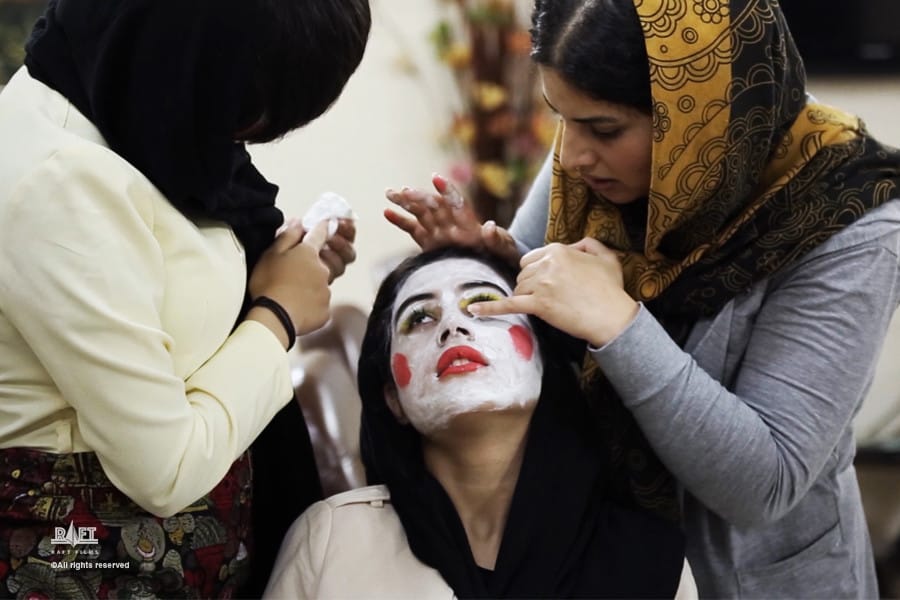
Khatemeh's behaviour is erratic, particularly after a point, with the ending being the apogee of this tendency. Would you explain her behaviour due to adolescence, mental illness or due to intense pressure due to her circumstances?
Khatemeh grew up in a family whose members have been harmed since childhood, is more accurate to say. She didn't have a childhood. Instead of playing with dolls, unfortunately, they forced her to do things that she should have done in adulthood or youth, and one of the main reasons for her stress-relieving behavior is that both fatigue and stress have changed her a lot.
What is your opinion of the work the welfare center does and what is your opinion of the woman in charge?
The Shiraz Welfare Emergency was forced to cut back on performance due to budget constraints, but welfare psychologists worked hard and they did not hesitate to help to improve the situation. However, there were limitations that deemed some problems unresolved. This was the reason for Khatemeh becoming tired of her rehabilitation. The long time it took for the court ruling was another reason for disappointment, and eventually she was forced to leave the welfare centre.
Is the family's situation normal for Afghan families, or is their case somewhat extreme? In general, what is the situation of the Afghan refugees in Iran?
Khatemeh's situation was unique among other Afghan girls and the Afghan families. This was not a normal situation and unfortunately, as far as we know, it is very catastrophic that some events can be seen in the ending film.
The situation of Afghan refugees in Iran may be better than in Afghanistan itself, but in some families, geography does not play any role at all because violence is in their blood. They consider women as a means to achieve pleasure
How much time did you spend shooting? What was your psychological situation during the shooting?
The filming time took about three years. The difficult conditions for making such a documentary in a closed office environment were very harsh on the production team, and also made the cost higher. Their intense efforts however, led to the final success of completing the film.
The group consisted of just two people, which made the work more difficult and were in a very difficult situation mentally and psychologically. On the one hand, the death of the mother of the director and producer during production, and on the other, the difficult circumstances of Khatemeh to make the right decision and not end up hanging herself like her sister, due to the severity of her depression. These conditions made the whole setting much harder
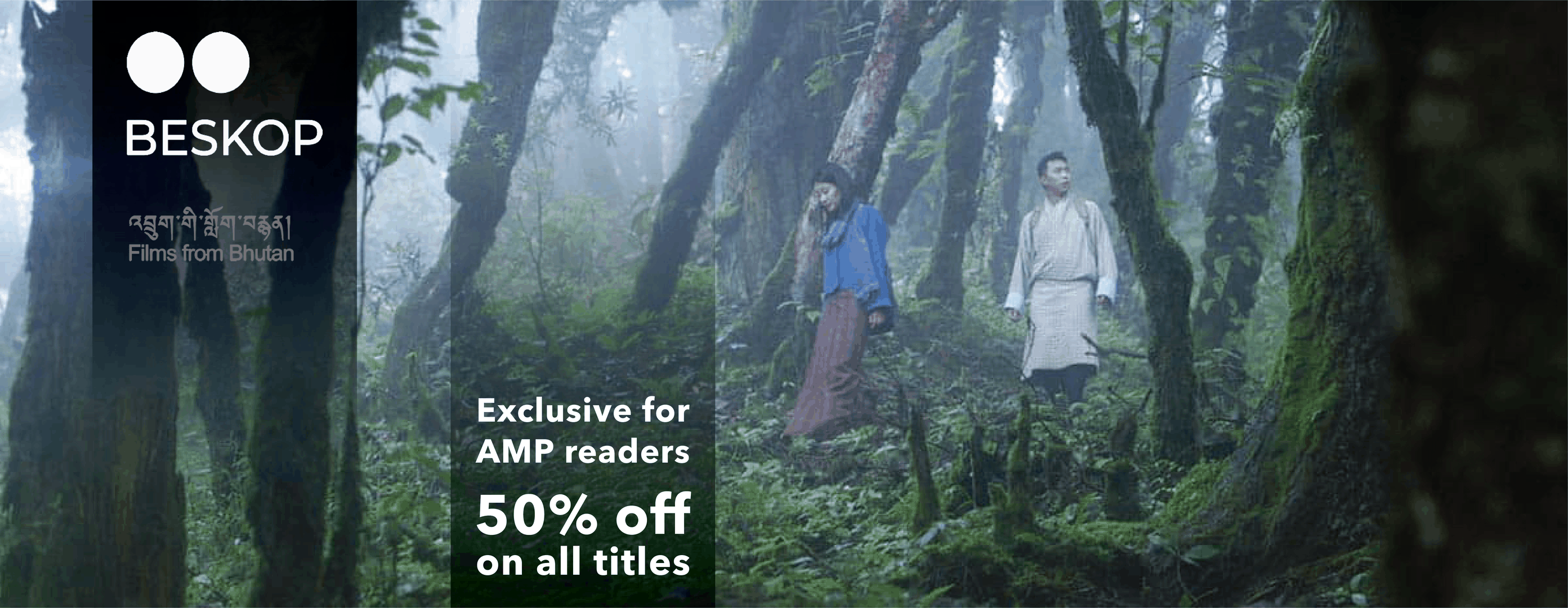
What is your opinion of the Iranian movie industry at the moment?
There is no such thing as a movie industry in Iran because there are so many opponents to it. There is no central organization and the government does not provide any support. Filmmakers, producers and the rest of the people working in the industry are trying to make films independently. However, independent filmmakers in Iran are successful. On the other hand, financially they are in a difficult situation and this has caused the quality of the film to decline to some extent, as is the case with their place on an international level.
Regarding documentarians, we can only say that every documentarian produces his film with his own capital. There is no investment or government agency to produce a film without financial worries, and this is a big problem for Iranian documentarians, although many had a lot of success in the international arena.
Are you working on anything new at the moment?
Yes, a multi-year project was taking place at the same time as the production of the documentary “Khatemeh”. The filming took 7 years and now it is over too. The subject of “Qamar Taj” is about an old couple who are both nomads (tent dwellers). The old man falls ill and his wife is forced to treat him. Losing the breadwinner of the family, they are forced to live in cities and the film is full of difficult moments of life and ups and downs. It is currently in the post-production stage, but it has been halted due to financial problems and the construction team is trying to attract a partner or sponsor to complete the project.


